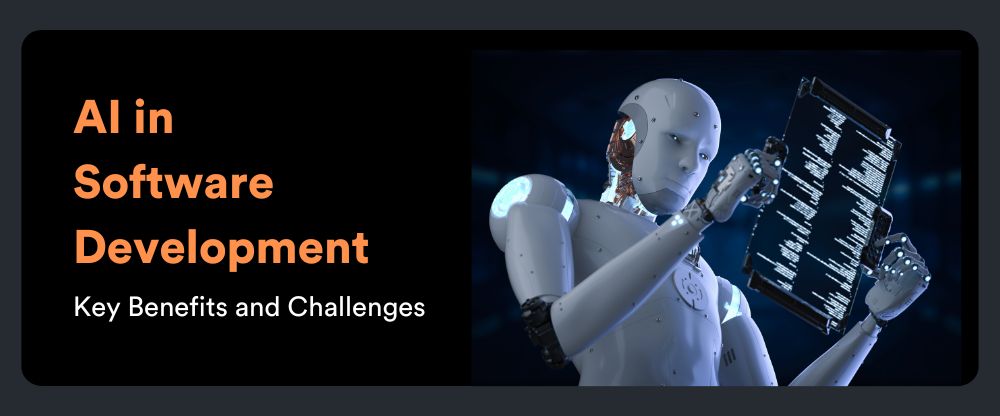
Ever stopped to think about how AI is flipping the script on how we create software? From tools that help developers spot bugs in seconds to AI that can actually write chunks of code for you, it’s no longer just science fiction—it’s happening now. And here’s a stat to blow your mind: over 87% of tech leaders reckon AI will completely change the way we develop software by 2025.
But let’s be real, it’s not all smooth sailing. With all the benefits come some big challenges, like keeping data secure, tackling ethical questions, and figuring out where humans fit in when machines can do so much.
So, what’s the deal? What’s worth getting excited about, and what’s worth worrying about?
In this blog, we’ll break it all down for you—from the best ways AI is being used today to the tools shaping the industry, the myths around AI replacing engineers, and what the future might look like. Sounds good? Let’s dive in!
Applications of AI in Software Development
AI is shaking things up in software development, and it’s not hard to see why. From saving time to spotting errors faster than ever, it’s like having a super-smart sidekick in your development team. But where exactly is AI making its mark? Let’s have a look.
1. Code Generation and Debugging
Imagine writing code faster with fewer bugs. AI tools like GitHub Copilot help you generate snippets and even debug your code. It’s like having an extra set of eyes (or a brain!) to make sure everything runs smoothly.
2. Automated Software Testing
Manual testing can be a slog. AI takes over by automating test cases and spotting issues that might slip past human testers. It speeds up the testing process, so developers can focus on more creative stuff.
3. Personalised User Experiences
Ever noticed how apps like Spotify or Netflix just get you? AI-driven recommendation systems tailor experiences based on user behaviour. For developers, this means building smarter, more engaging apps.
4. Project Management and Forecasting
Planning a project? AI can predict timelines, allocate resources, and flag potential risks. It’s like having a project manager who never sleeps and always has the answers.
5. AI-Powered Chatbots and Virtual Assistants
Chatbots aren’t just for customer support. Developers are using AI to create in-app assistants that enhance user experiences, provide instant help, and even troubleshoot on the go.
6. Enhanced Security
AI helps identify vulnerabilities and unusual activities before they turn into security breaches. Think of it as a virtual watchdog for your software.
7. Data-Driven Decision Making
AI analyses heaps of data to provide actionable insights, helping businesses make smarter decisions about what features to build or improve.
AI in Software Development: Big Wins and Real Challenges
AI is not just transforming how software is developed—it’s rewriting the code itself. For developers, AI introduces efficiencies, precision, and new possibilities, but it also brings unique challenges that directly impact coding practices. Here’s a closer look at the benefits and challenges of AI in software development from a coding perspective.
Key Benefits of AI in Software Development (Code-Focused)
1. Automated Code Generation
AI-powered tools like GitHub Copilot and TabNine can generate boilerplate code, repetitive functions, or even entire modules, speeding up development. Developers can focus more on creative problem-solving rather than manual coding tasks.
2. Faster Bug Detection and Debugging
AI algorithms analyse codebases to identify bugs, performance bottlenecks, and vulnerabilities faster than traditional methods. Tools like DeepCode and Snyk flag potential issues and suggest fixes directly in the IDE.
3. Optimised Code Performance
AI can identify inefficiencies in algorithms and recommend optimised versions, improving runtime and resource utilisation. This is especially beneficial in performance-critical applications.
4. Code Refactoring and Maintenance
AI assists in automatic refactoring of legacy code to modern standards, ensuring readability and maintainability. It can also standardise coding styles across teams for consistency.
5. Intelligent Code Reviews
Automated code review tools powered by AI streamline the peer review process, identifying issues and ensuring adherence to coding best practices.
6. Enhanced Security in Code
AI-driven static analysis tools detect vulnerabilities, such as SQL injection or cross-site scripting (XSS), during development, reducing the chances of security flaws in production.
Challenges of AI in Software Development (Code-Focused)
1. Over-Reliance on AI-Generated Code
AI tools can produce syntactically correct but logically flawed code. Developers need to validate and test AI-generated outputs thoroughly to avoid introducing subtle bugs or inefficiencies.
2. Lack of Contextual Understanding
While AI is excellent at pattern recognition, it often struggles to understand project-specific requirements or unique coding contexts, leading to irrelevant or suboptimal suggestions.
3. Difficulty Integrating AI Tools into Workflows
Adding AI-driven tools into existing development environments can disrupt established workflows and may require significant adjustments to processes and team dynamics.
4. Ethical Concerns in AI Models
Many AI tools rely on open-source datasets that might include outdated, biased, or insecure code. This raises concerns about copyright, code quality, and ethical usage.
5. Learning Curve for Developers
Developers must learn to use AI tools effectively, including understanding their limitations and knowing when to override AI suggestions. This can be time-consuming for teams new to AI.
6. Limited Support for Niche Use Cases
AI tools excel in generic or common coding tasks but might struggle with highly specialised applications, such as domain-specific languages or non-standard frameworks.
7. Data Privacy and Security Risks in Training Models
AI tools often require access to large portions of a codebase for training and analysis, posing potential risks to proprietary or sensitive code.
How to implement AI in software development
Implementing AI in software development doesn’t have to feel like climbing Mount Everest. It’s all about understanding where AI fits, starting small, and scaling smartly. Here’s how you can get started, step by step, with a splash of creativity and practicality.
Step 1: Define Your Goals
What do you want AI to achieve? Whether it’s speeding up testing, automating code reviews, or delivering personalised user experiences, having a clear goal is key. Without it, you’re just throwing spaghetti at the wall.
Step 2: Choose the Right AI Tools
Select tools based on your goals. For code generation, try GitHub Copilot or TabNine . For testing, use Selenium or Testim . Enhance security with Snyk or Checkmarx , and for data insights, leverage TensorFlow or PyTorch . The right tools make AI integration seamless and impactful.
Step 3: Get Your Data in Shape
AI loves data, but only if it’s clean and relevant. Did you know that 80% of an AI project’s success depends on the quality of data? Before diving in, spend time collecting and cleaning your datasets.
Step 4: Start with a Pilot Project
Don’t jump into a full-scale rollout. Test AI on a small, manageable project. For example:
- Task: Automating unit testing.
- Goal: Reduce manual errors by 50%.
Once you see results, you’ll have the confidence to expand AI’s role.
Step 5: Monitor and Improve
AI isn’t set-it-and-forget-it. Keep an eye on performance metrics like:
- Accuracy: Are errors decreasing?
- Speed: Are tasks completing faster?
- ROI: Is AI saving money or boosting productivity?
If something’s off, tweak the model or retrain it with better data.
Step 6: Train Your Team
Your developers are the real superheroes here. Equip them with the skills to use AI effectively. Online courses, certifications, or workshops can go a long way in bridging skill gaps.
Step 7: Scale Smartly
Once your pilot is a success, start scaling AI across projects. But don’t try to do everything at once. Integrate AI where it makes the most impact first—think testing, debugging, or even customer-facing features like chatbots.
Key Stats to Know
- 50% of developers now use AI for testing and debugging.
- Clean data increases AI accuracy by 40%.
- Businesses using AI in development report a 35% improvement in productivity.
Top AI Tools Businesses Can Leverage
Here’s a rundown of essential AI tools and what they bring to the table for your business:
| Tool | Purpose | Business Value |
|---|---|---|
| GitHub Copilot | Automated code generation | Reduces development time, boosting productivity |
| TabNine | AI-powered code suggestions | Speeds up workflows with real-time suggestions |
| Snyk | Security vulnerability scanning | Minimises risk with proactive security measures |
| Selenium | Automated testing | Ensures quality and saves on manual testing costs |
| TensorFlow | Building custom AI models | Supports business-specific machine learning needs |
| Testim | AI-driven test automation | Shortens testing cycles, ensuring faster releases |
| PyTorch | AI model development | Enables innovation in AI-driven applications |
Essential Future Trends in AI-Driven Software Development
- Full-Scale AI Code DevelopmentBy 2025, AI tools will move beyond snippets, capable of generating entire codebases for applications. Developers will increasingly rely on AI for end-to-end coding, reducing development timelines significantly.
- Self-Healing ApplicationsAI-powered systems will enable applications to detect and fix issues in real time, eliminating downtime and enhancing reliability. This trend will revolutionize debugging and maintenance.
- Hyper-Automation in TestingTesting will become fully autonomous, with AI analyzing, executing, and optimizing test cases. By 2025, AI-driven QA processes will drastically reduce human intervention.
- Personalized AI SolutionsAI will deliver more tailored software solutions, leveraging user data to create hyper-personalized experiences that adapt to individual preferences and behaviors in real time.
- AI-Augmented Security SystemsReal-time threat detection and automated response systems powered by AI will become a standard in software development, providing robust protection against sophisticated cyberattacks.
- Low-Code/No-Code AI PlatformsBy 2025, AI-powered low-code and no-code platforms will dominate, allowing businesses to develop custom applications faster without extensive coding expertise.
- Green AI and Sustainable DevelopmentSustainability will take center stage. Developers will leverage energy-efficient AI algorithms and tools to minimize the environmental impact of software creation.
The future of software development by 2025 will be defined by AI’s ability to innovate, automate, and personalize. Adopting these trends will be critical for businesses looking to stay ahead in a competitive and rapidly evolving market.
Will AI Replace Software Engineers? Myths and Realities
Let’s clear this up: AI isn’t here to snatch your job—it’s here to make it easier. Sure, AI can write code, debug, and even test software faster than ever, but it still needs human brains to guide it. Think of AI as your sidekick, not your replacement.
The myth? AI will replace engineers. The reality? Engineers who use AI will replace those who don’t. AI is great for automating repetitive tasks, but it lacks creativity, problem-solving skills, and the ability to truly understand a project’s goals.
So, will AI replace software engineers? Not a chance. But it will make them faster, smarter, and more productive. The future is all about teamwork—humans and AI working together to build incredible things.
Conclusion: Shaping the Future with AI and Expert Software Development
AI is undeniably transforming the way software is developed. It’s rewriting the rules, speeding up processes, enhancing security, and making applications smarter than ever. But no matter how advanced AI gets, it’s not replacing software engineers—it’s empowering them.
For businesses in need of cutting-edge software development services in Sydney, VT Digital is your trusted partner. As a forward-thinking software development company, we combine AI-driven innovation with the creativity and expertise of our talented developers to deliver solutions that keep you ahead of the curve.
The future of software development is all about balance. At VT Digital, we blend human ingenuity with AI’s efficiency to build robust, innovative, and sustainable solutions that meet tomorrow’s challenges today. Ready to dive in? The possibilities are endless. Let’s create something extraordinary together!





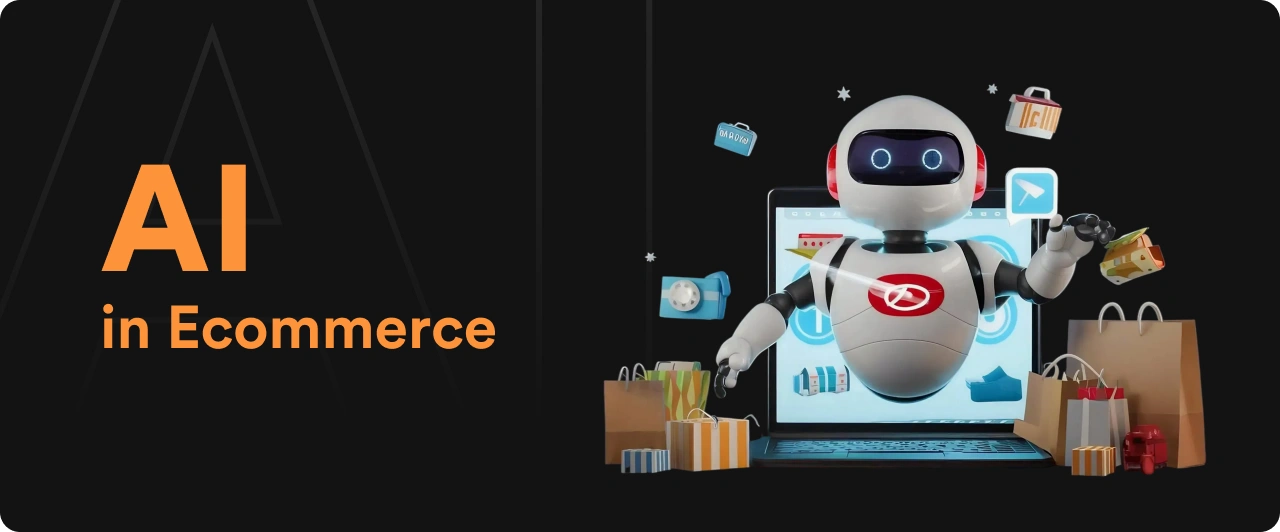
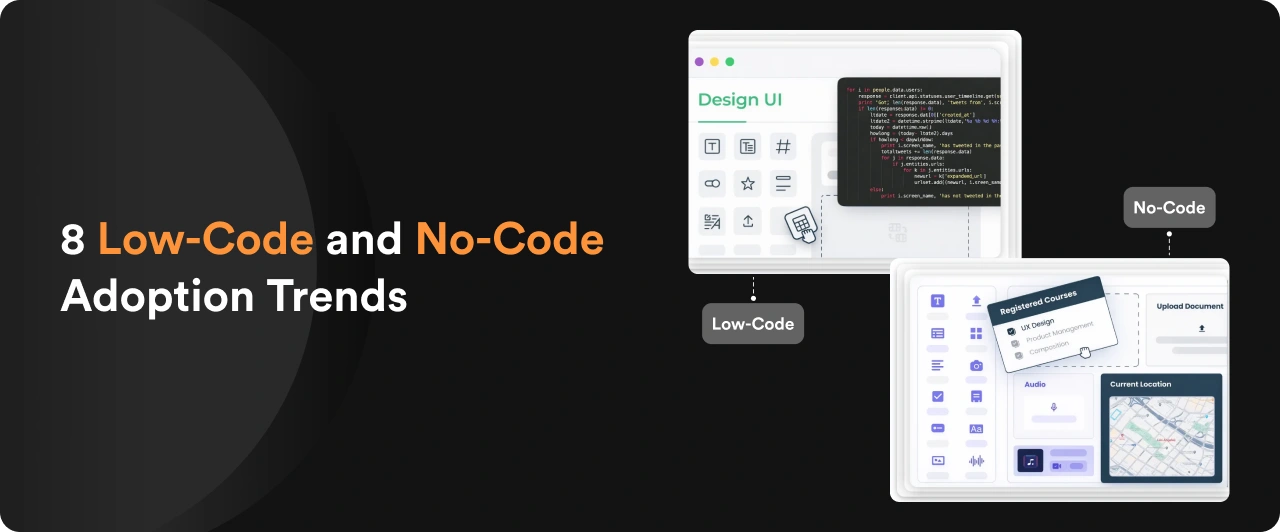
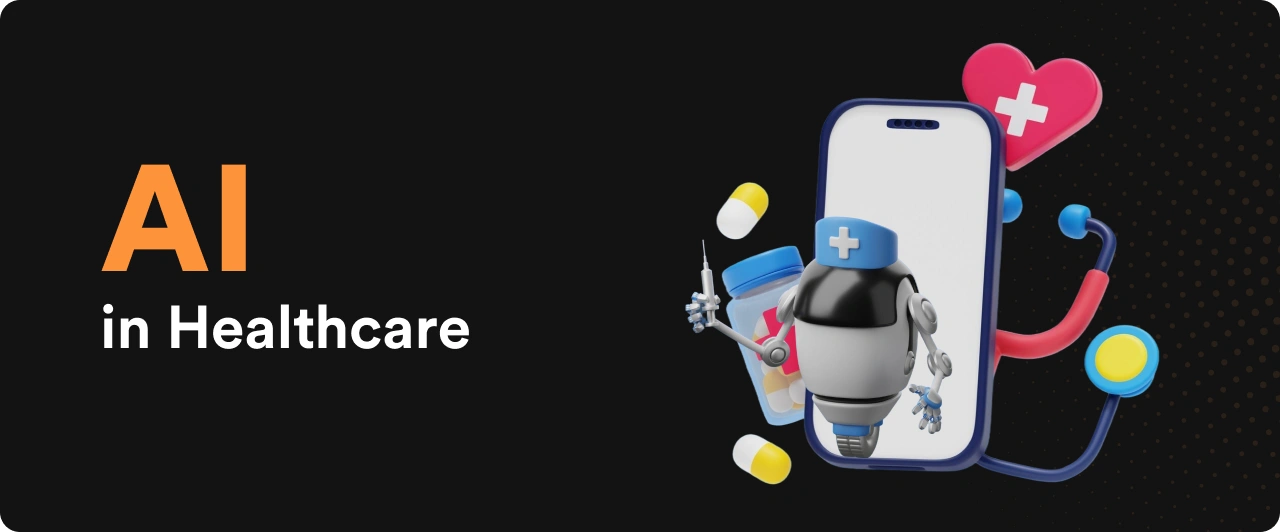

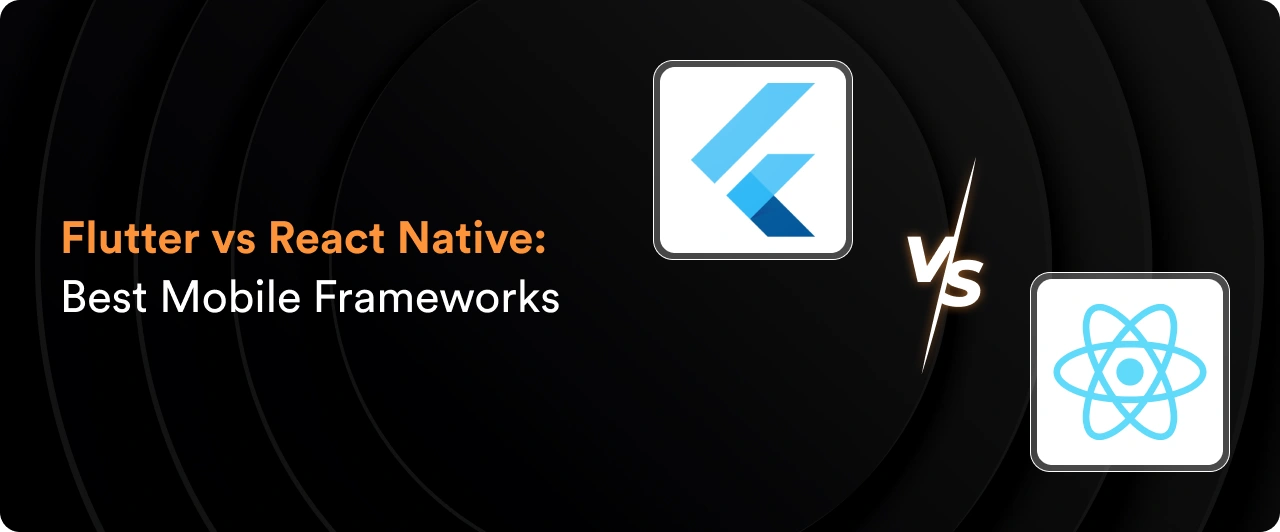
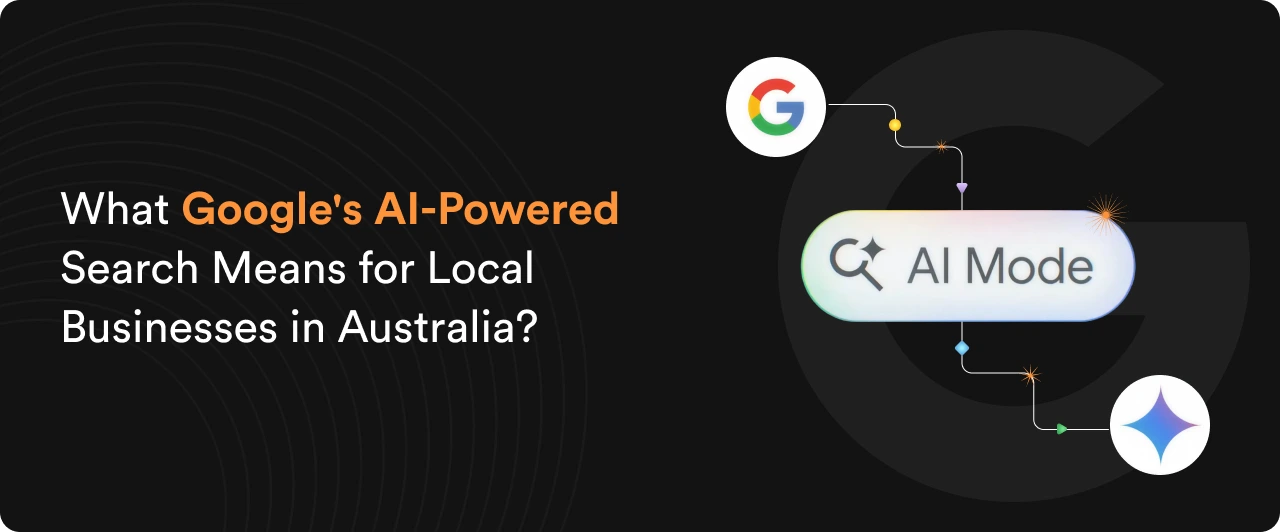
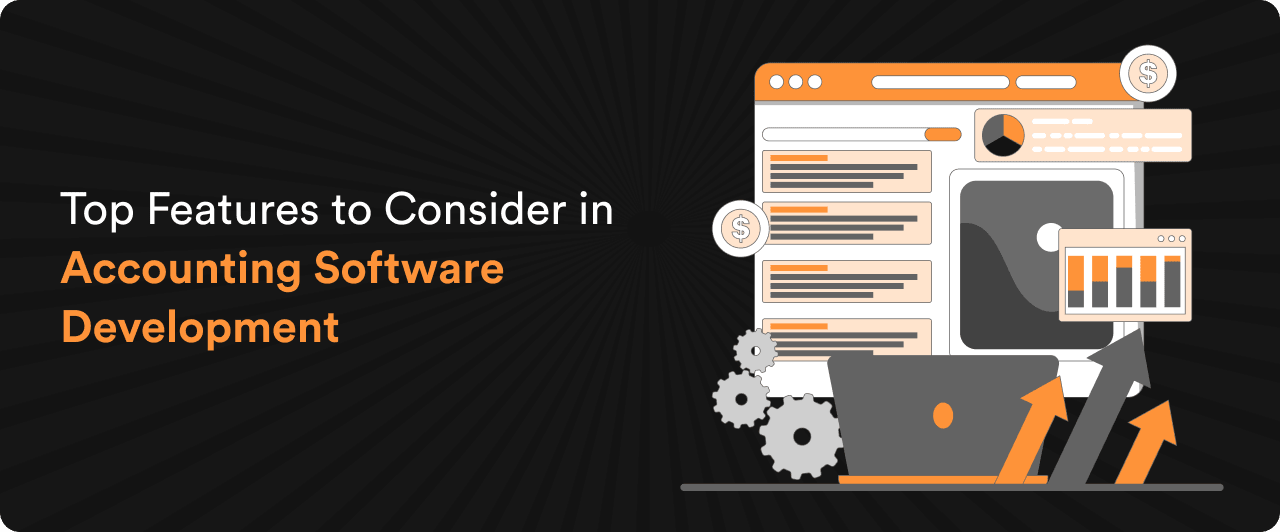
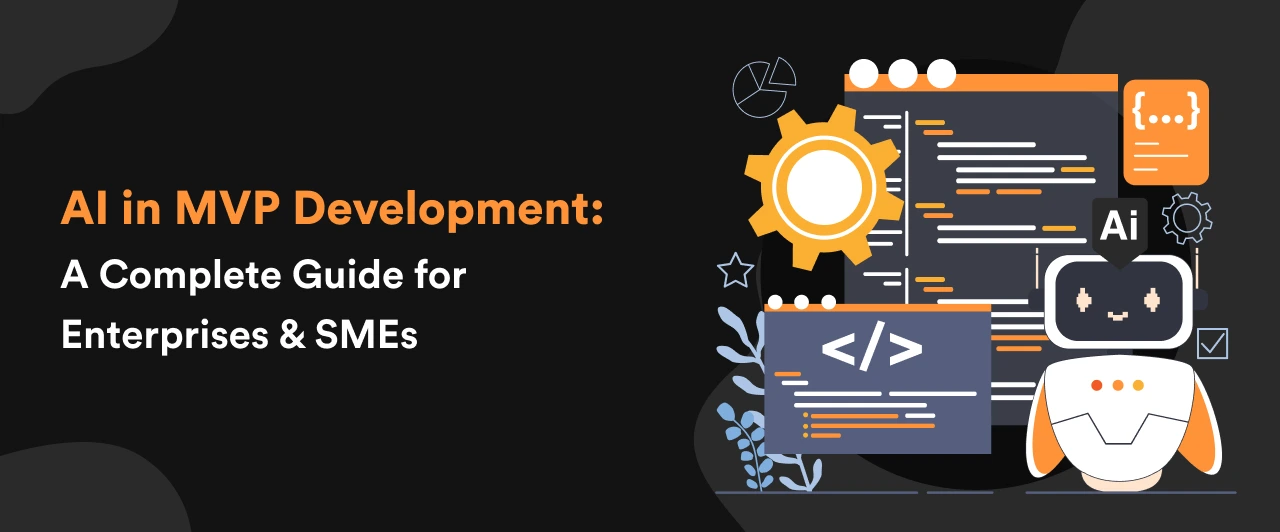
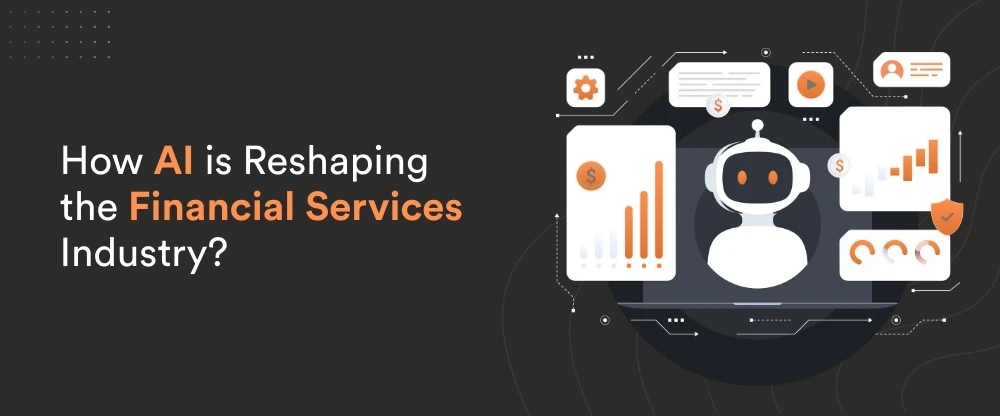
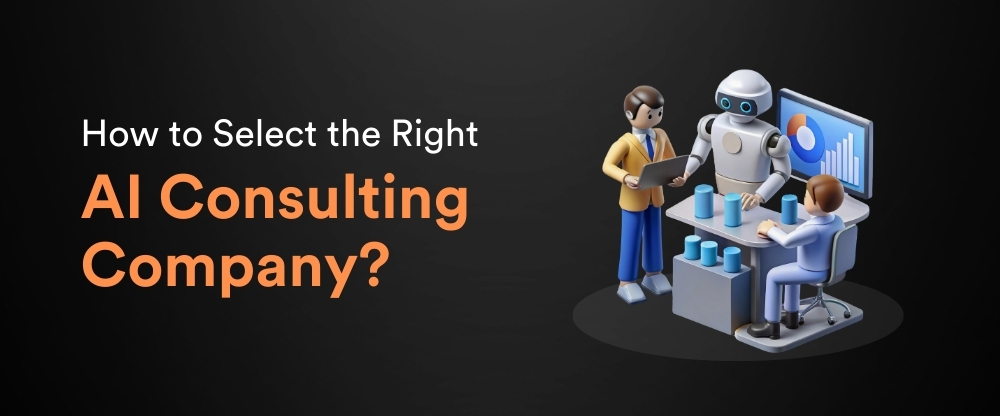
This post deserves all attention it can possibly get